Music is a Vehicle for Perceiving (Or, a Foundation for Artful Intervention)
I met Anaïs Duplan, a poet, curator, and artist based in New York, in a Saturday morning writers’ group online, hosted by At Louis Place (a bustling and committed literary writers’ hub, led by Steffani Jemison and Quincy Flowers). Those weekend mornings were an important support group through the early pandemic. At the time, I had already read Anaïs’s beautiful book Blackspace: On the Poetics of an Afrofuture. We had a few dream-writing sessions together. Through Imogen Xtian Smith, Topical Cream’s Editorial Fellow, and fellow poet, I was able to learn about Anaïs’s newest book manuscript, I NEED MUSIC. There were clear synchronicities between his layered, evocative prose, his strategies for thinking and writing about music and art through a rhetorical method, and this year’s editorial frame. In this moving feature for Topical Cream, Anaïs responds to the frame by speaking from and about the field of ekphrasis. He ruminates on the direct and oblique connections between music, Blackness, love, and vulnerability.
– Nora N. Khan, 2021 EIR
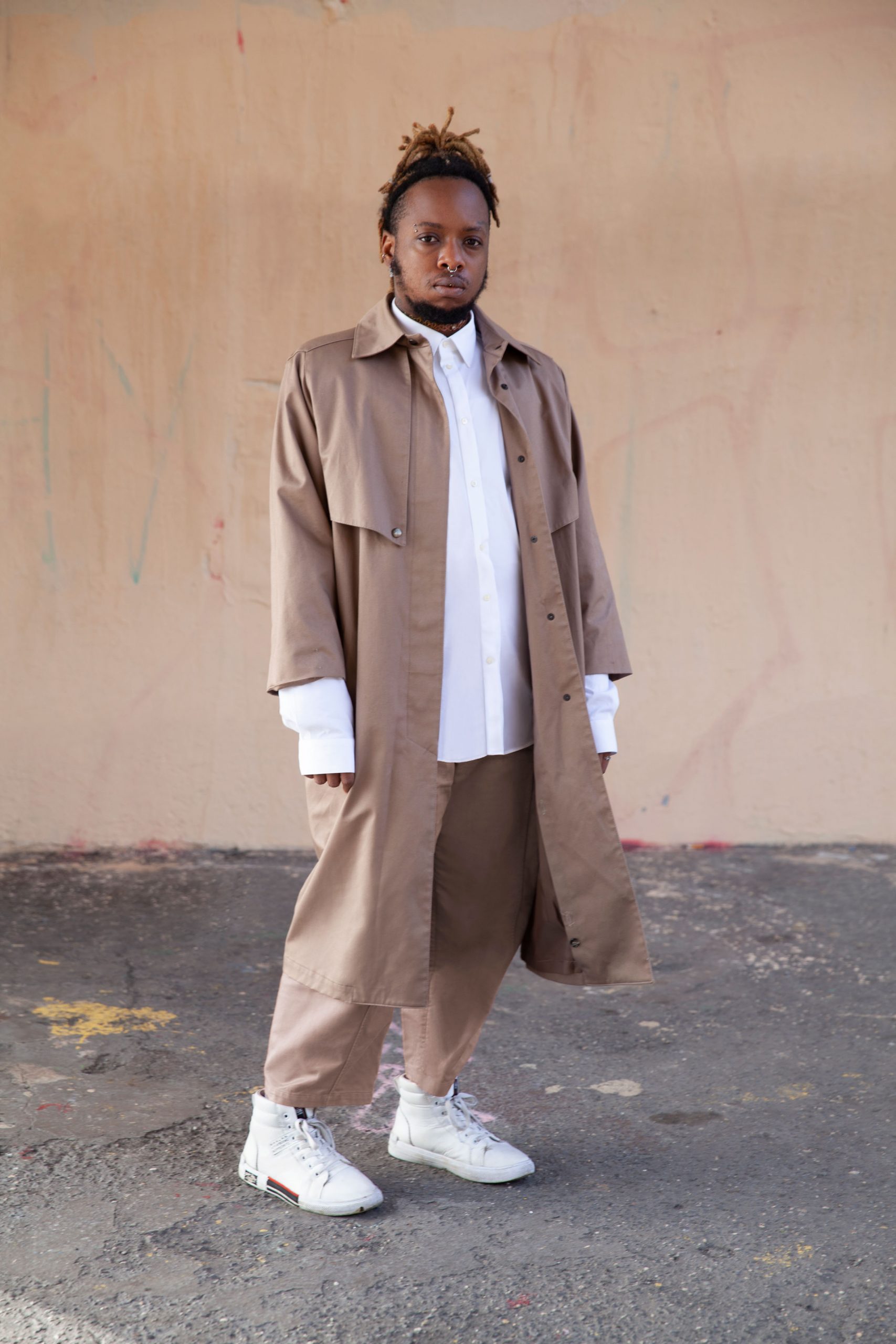
Music is a vehicle for perceiving. We demand music. The music of the soul connotes the body, thought, intervention, silence. We can’t be the speakers of our bodies; we’re already spoken for. We instead tune into, smile upon, the parcels of ourselves that are beaten up by historicity. To live, thrive, we don’t demand to not be beaten up. Instead we wield our beaten selves in the arms of the rest of our bodies. Sit up proud, happy. We made it here today. Go on.
Wow, it’s incredible to be drawn-out, to read ourselves from outside within the art of peace, freedom. If we embrace living in clarity and knowledge, then it behooves us to receive our social landscape more fully. What attributes do we project onto experience? Do we perceive that being alive is embraceable? Do we take refuge in what we know, using this refuge as a free space from which to receive each other? Is there a suggestion, here, that others might not see that we come from what we know? That others might not even see how we come from what we know?
Romantic encounters create a self-reflective sense. Our lovers have a Blackness we ourselves would like to have, actively strive toward. Further lovers embody the Blackness of ours we’ve tried to repress. In either case, our encounters with romance bring us into intimate contact with our joining, susceptibility. Submission and dominance get played out in different arrangements, depending on our relationship with our sexual partners. The reflexive meaning of submission and dominance: what it means to be dominated changes depending on our relationship with our partners: our relationship with their position, who they channel down through the centuries, their position in relation to us. Submitting to our lovers is submission to their Blackness. We reconcile to let those attributes take precedence over our own. We reconcile, to be dominated by our ancestors and, in a consensual sexual relationship, embrace being dominated by them. Or, we dominate our partners, and our own Blackness prevails.
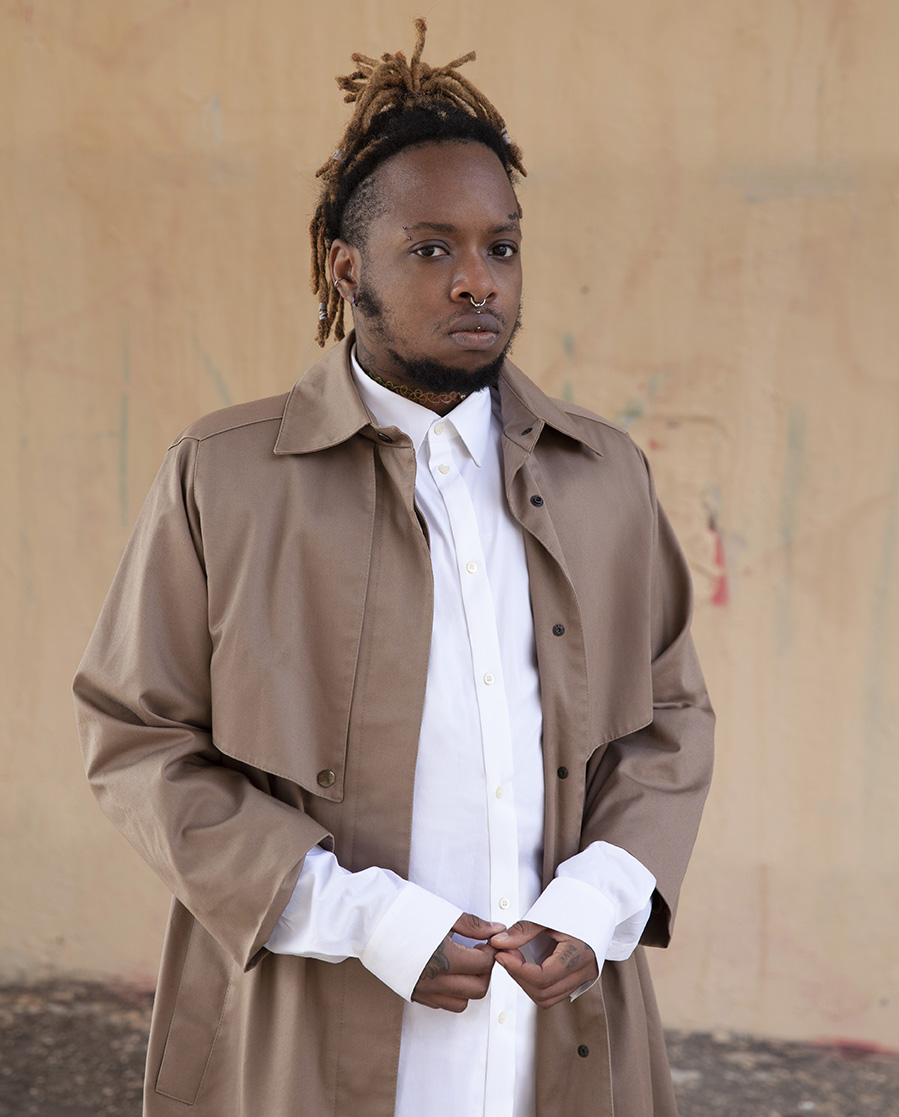
What materializes when our lover has attributes that shuffle us into vulnerability? Vulnerability is complete and presents us with the momentum needed to receive. We have those defense mechanisms, our angels. We try to save ourselves from insult. Our defense mechanisms are sophisticated, useful. It isn’t wretched to try to recover our bodies from harm—it’s smart! But the mechanisms we use to cover ourselves are often outdated, causing us harm. We’re sabotaging our bodies. We don’t know when we’re doing it. We can’t be honest.
“When we’ve built up a reservoir inside our bodies of mutual perceiving, we are able to tolerate the sense of being wrong ourselves. We don’t fight what is materializing in us; we consent to our situation first. We labor to enrich our situation from a place of mutual aspiration.”
Our orientation to life is to the detriment of our unvoiced desires. Soul is an appearance, a glimmer, a smile. If we’re patient, we get to its essence. Our souls bring revelations to the surface in order to foreground information they deem primary to our survival. Do we have the nerve to listen? Are we ready to drive with trouble? The negative emotions are there to talk with us. Their negativity is what signals that we should pull inwardly, into slowness. So far as negativity gives positivity meaning, the negative emotions are not wretched, not to be resisted. On the contrary, resisting negativity proliferates it by authorizing it to go undealt with. Unprocessed pain manifests through unconscious behavior. Resisting negativity, refusing to perceive it, means it proliferates. It’s been authorized to go undealt with. It transforms, phase-changes, metamorphoses, joining the ecosystem of our life, though remaining mysterious, even alien, to us. Do we ever think about why we dream of controlling our bodies? Do we think through what we’re afraid of: resurgence, uncontrollable stories passed through, seated in us, or do we think through unrequited love?
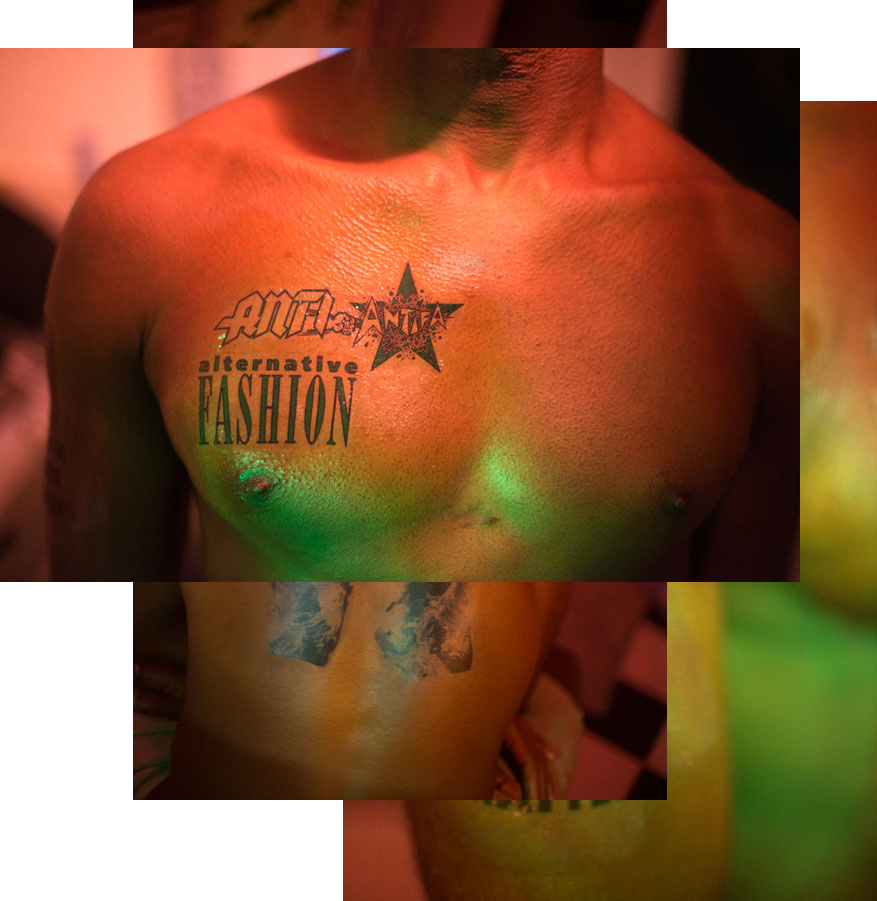
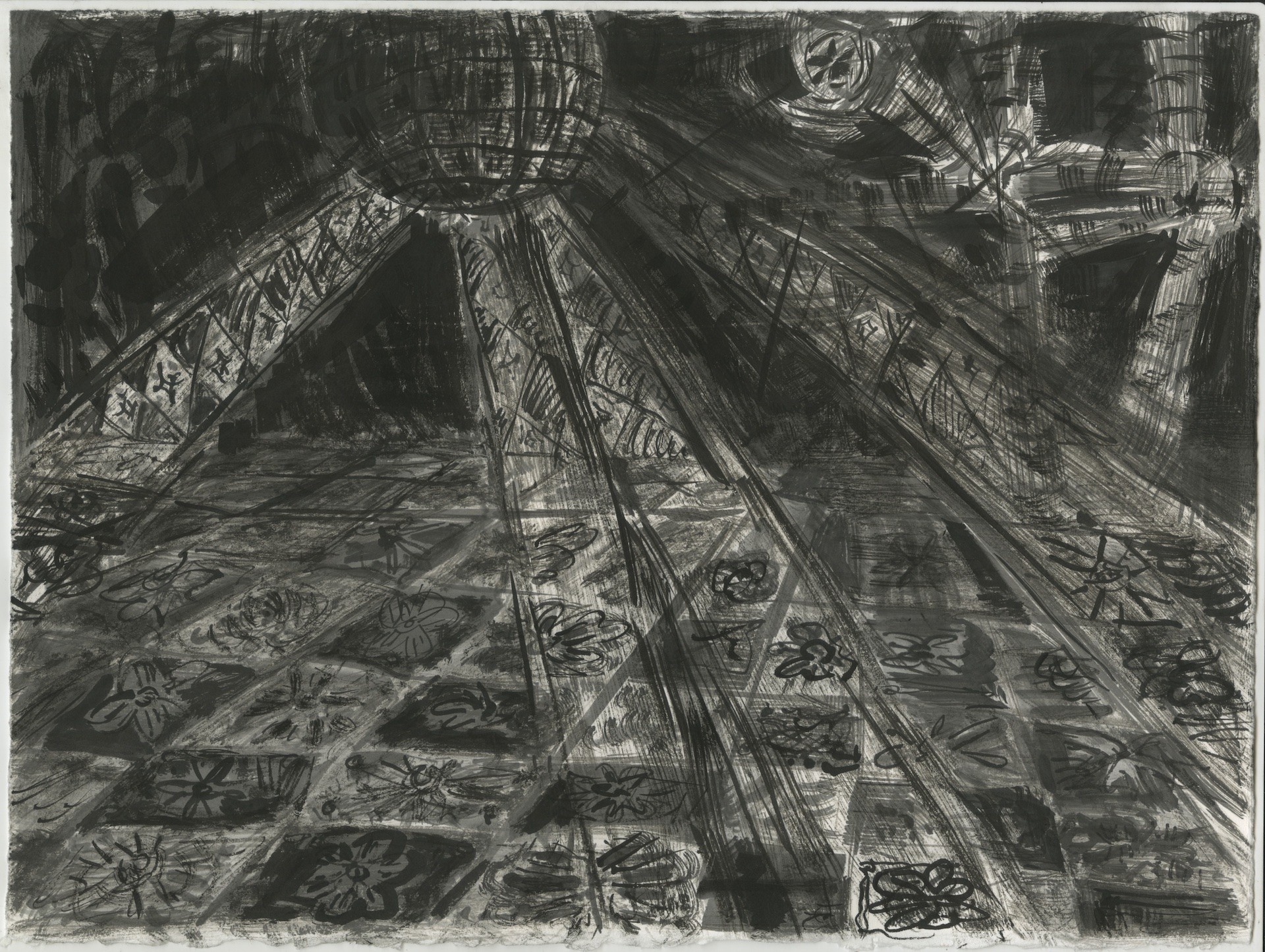
We’ve never understood what myths really are. We know what a story is. We know a story is told across cultures, temporalities (and inside a culture, across its generations). But what moves a myth, generates the scale of its reach? How does it generate meaning for a culture as a whole? The men, the myth, the legends? There’s no style or method of walking around that will not pull out some sort of ancestral translation from our bodies. I walked down to the parking garage and it was cold. I had washed my skin with cold water that morning.
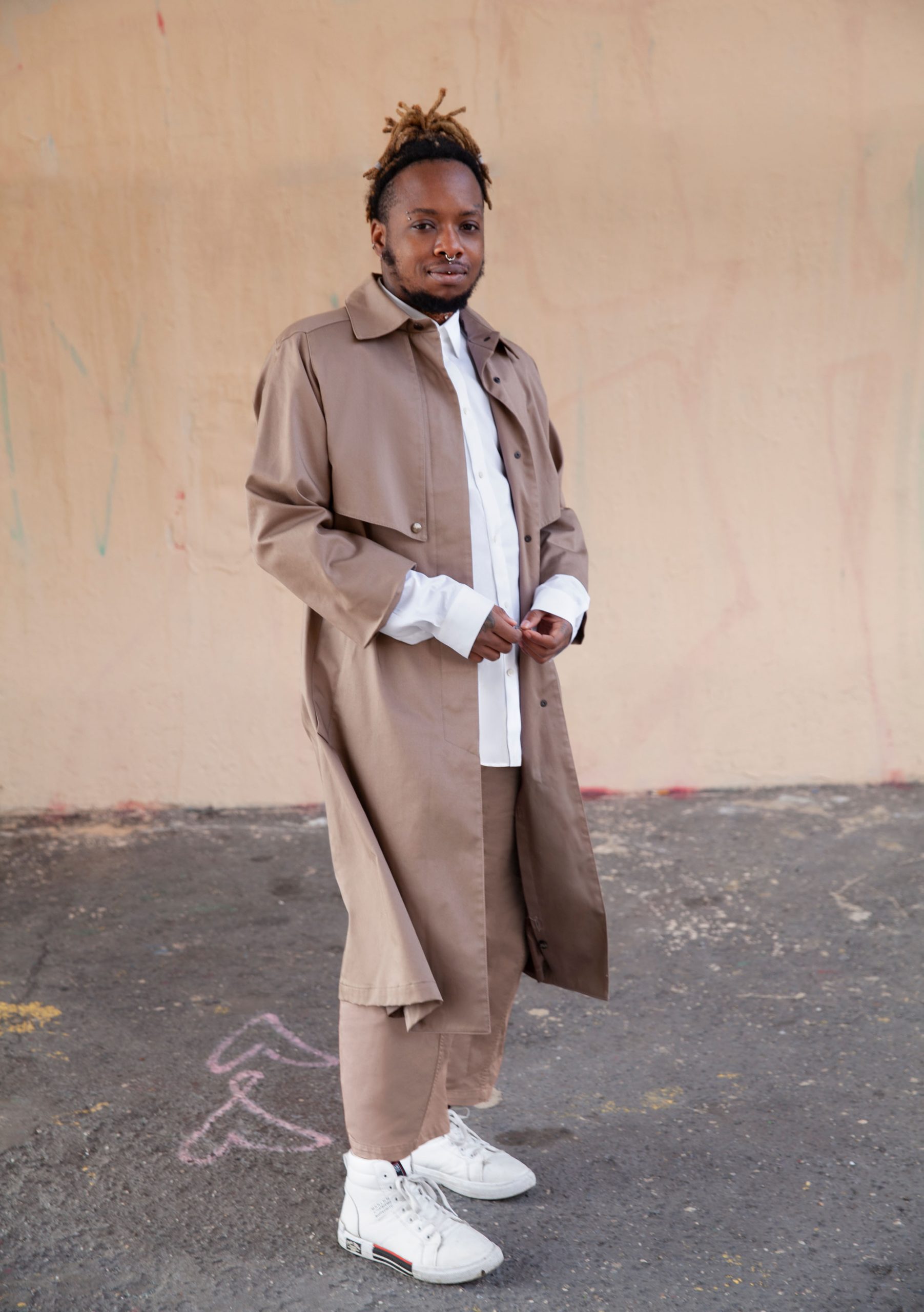
We can get aroused by art. Art as Blackness, as recreation. Is valuing Blackness the parallel of possessing it? We possess Blackness in greater or lesser degrees. To the extent to which we value those Blacknesses, we voice our ancestors.
Among folks in public, who have nothing to do with each other, somehow, small synchronicities, repetitions, are materializing. They are echoing each other, mirroring, and bonding. We are the joint apparatus of our bodies, laboring in tandem to keep us free, to help us survive. When we’ve built up a reservoir inside our bodies of mutual perceiving, we are able to tolerate the sense of being wrong ourselves. We don’t fight what is materializing in us; we consent to our situation first. We labor to enrich our situation from a place of mutual aspiration.
Peace proceeds from contentment; trust that the desired result does arise. We’d like to be replete immediately, to get rid of what we hold to be our negative attributes. We can’t get along with being flawed; we can’t bear the view/idea that we can’t fix our flaws right this moment. We’re not who we dreamed to be. We don’t authorize the cycle of undergoing: checking our bodies with judgment, rush, and anger. Can we tolerate the vision of our own failure? Be careful of smoothing over what is the field of failure, meaning, the place of unimaginability, and beyondness. Inside our bodies is the source of our creativity, rooted in the field of failure.
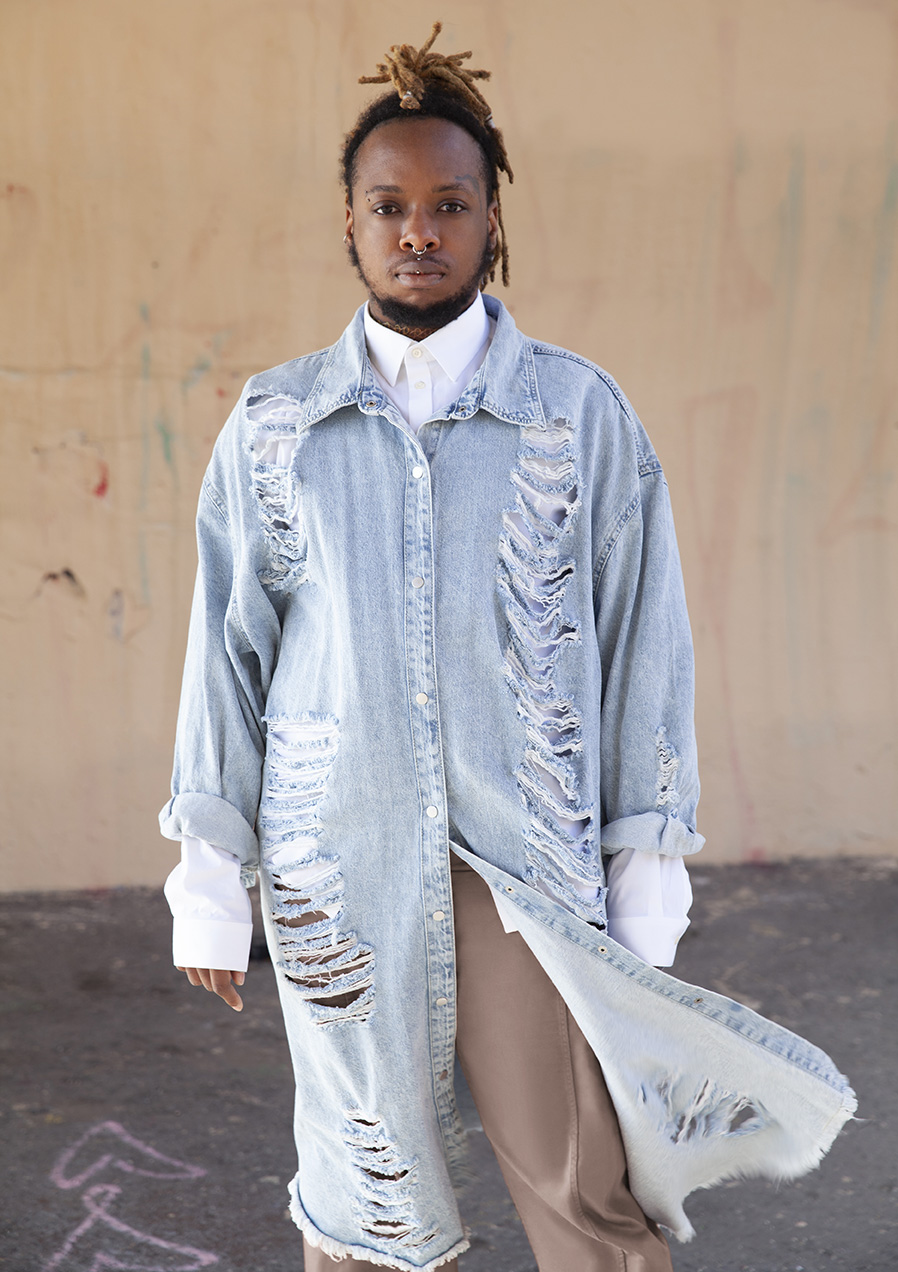
We serve our bodies with a clear, kind, wet, responsive disposition. If we’re impatient, we should practice not having views. If we’re too startled, we should practice acting on our views. Do we have to be successful when we struggle? The puzzle of it all is when we “get what we dreamed of”; it doesn’t seem satisfying. What we dreamed of is much more complicated.
“Art is the way we proceed across time, the puzzles we read in each other. What does it take to shuffle, to forge a soulful connection? Are situations of conflict driven by personality flaws? By the inner intervention of personality flaws within each?”
Art is the way we proceed across time, the puzzles we read in each other. What does it take to shuffle, to forge a soulful connection? Are situations of conflict driven by personality flaws? By the inner intervention of personality flaws within each? By the resistance of Blackness to a kind of Blackness which it deems nonconsensual? By the drive to cover up what reads as not okay, incomplete—that’s to say, the ideological? Be a reinforcement or re-embodiment of the Blackness we wish to read reified in experience. This is, after all, a Blackness that gathers around itself.
We continue to feed the myth of our bodies to our bodies in order to survive. Who are we? We can get closer to the answer to this question when we hear out what drives our hurt.
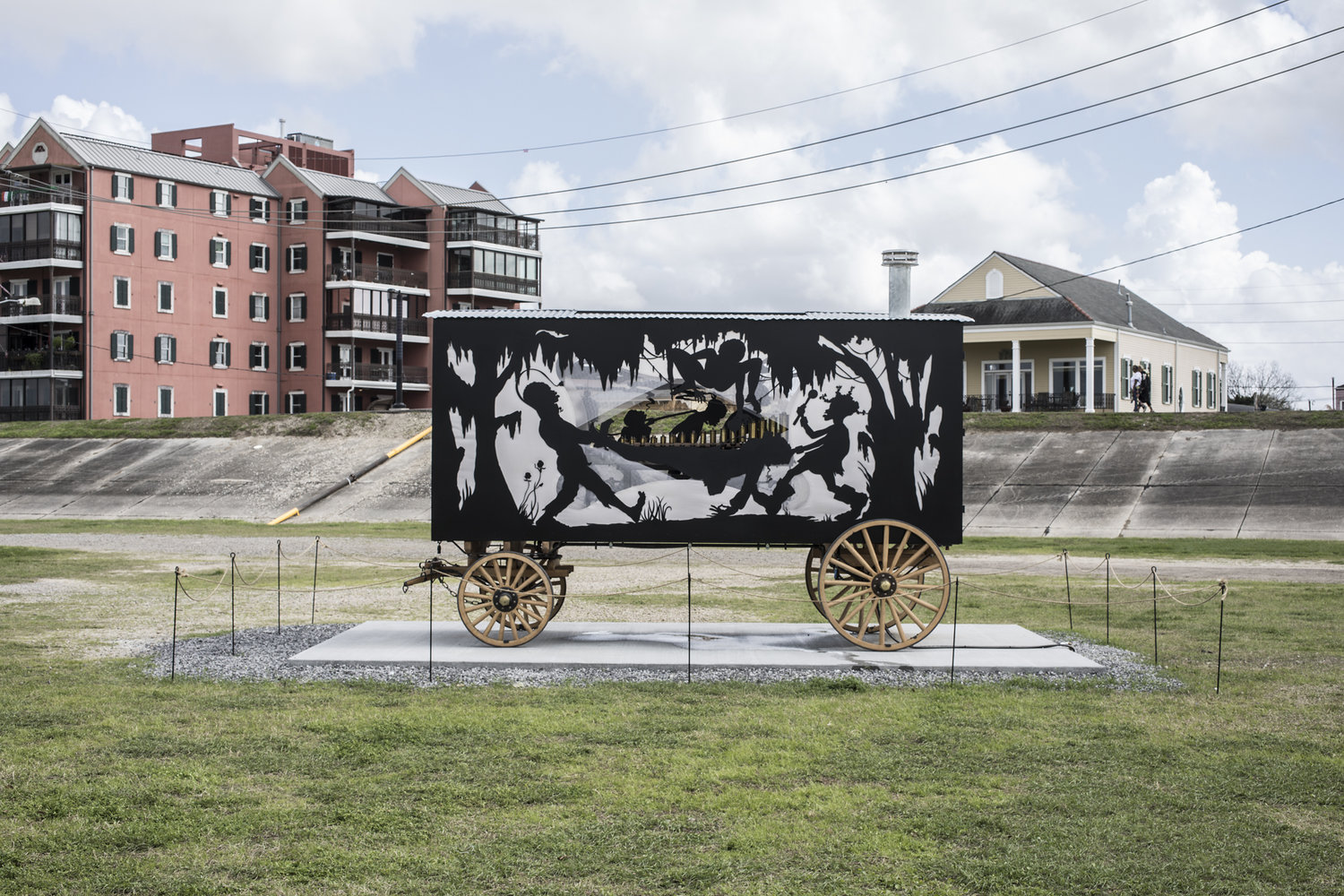
There’s no need to say the sky and trees weren’t gazing back at us. We can either get in our minds, cloud our judgment, vision our futures with doubt, or consent to a more complex understanding of our bodies. There’s no doubt we can do better.
Wretched defense mechanisms are those that put a wrench in the cycles our bodies require to keep us free. We pass a judgment on our judgment, deem it unbecoming or unethical. We’re coming up with a more soulful relationship to language. There proceeds a new kind of orientation, a whole new association of associations. Creative primacy, returned to, is a temporality for thinking through Black artistry: our physicalities coming together, our desire for touch, for contact of a peculiar kind. Black artists’ aliveness goes on today in much the way it has for centuries. The information we desire in our souls, and affects, is reflected inside us, in our ancestral selves. Black artists’ souls, when synchronized in great numbers, lead us forward. We can’t go back. We can’t move what is already given us.
Exasperation materializes when we decide we’re done waiting for the desired result. Anxiety is driven by resistance to reflection. If we’re impatient or rigid, the sensation of being slowed down is frustrating, and may drive us to lash out at each other. Anger is loud on account of it mobilizes folks to act, but when folks act from a place of anger without acceptance, there’s no art to their interventions.
We worry acceptance connotes complicity. How could this be? Acceptance means sensing our situation: reading what can move, what can’t. Acceptance is the energy to wield conflicting views within an integrated personality. Acceptance doesn’t entail non-violence, nor does it entail violence. Acceptance isn’t a course of action; it’s a clear-seeing place that forms the foundation of artful intervention.
The artful soul demands to materialize, must materialize. We get startled by what will materialize when we indeed get what we dreamed of. We sabotage ourselves before our desired reflection can arise. We catapult like wild. Our self-view is vested in two extremes at once. We perceive guilt, gnarled up in uncomfortable situations where we may be reconciled to be irreconcilable. We get used to the perception of having empty pockets.
Anaïs Duplan is a trans* poet, curator, and artist. He is the author of I NEED MUSIC (Action Books, 2021) and Blackspace: On the Poetics of an Afrofuture (Black Ocean, 2020), and founder of the Center for Afrofuturist Studies, an artist residency program for artists of color based at Iowa City’s artist-run organization Public Space One.